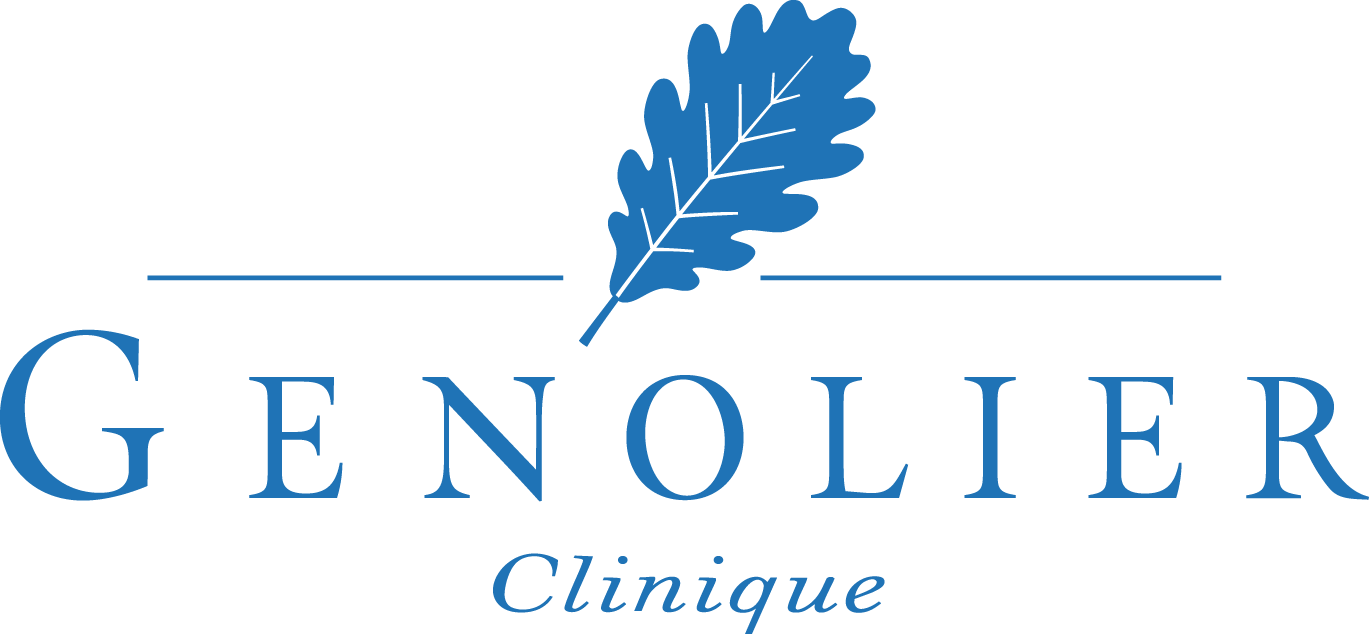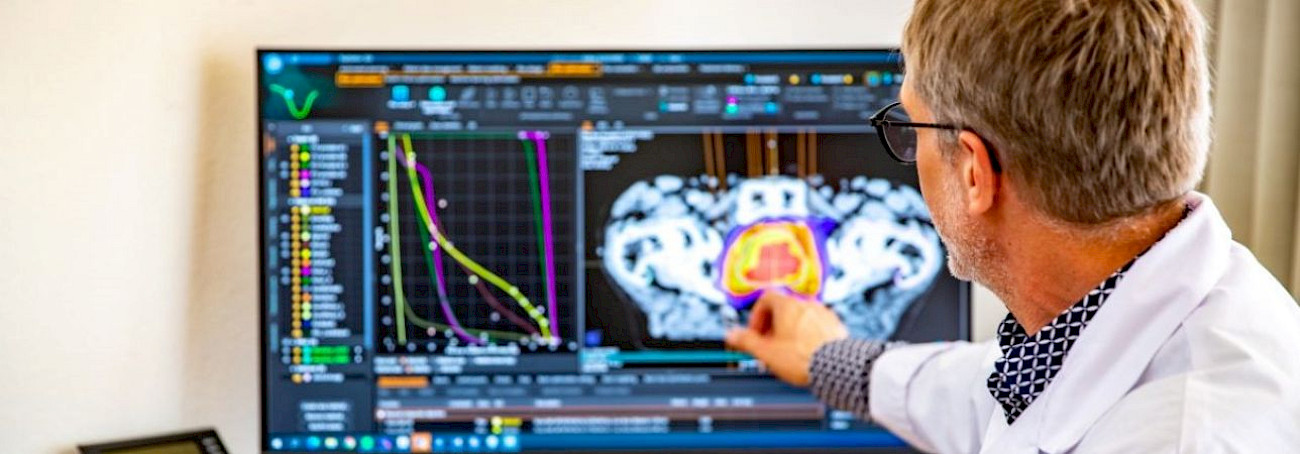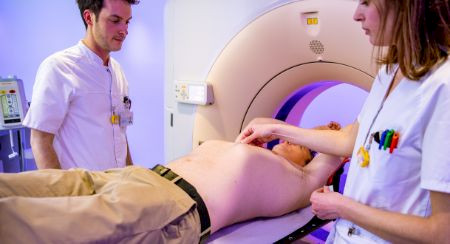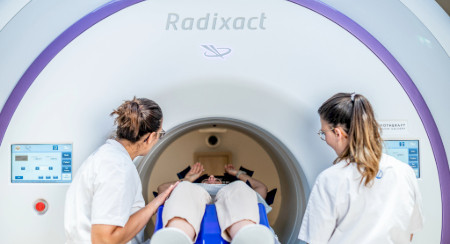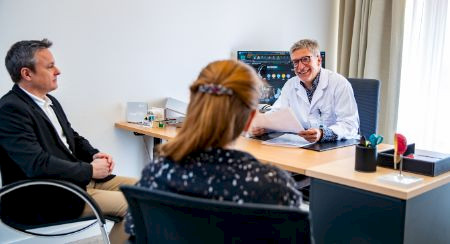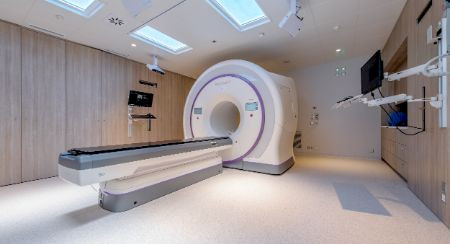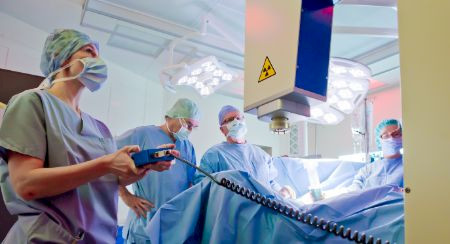The Clinique de Genolier's Radio-oncology Centre is part of a network of radio-oncology centres that includes the Clinique Générale-Beaulieu in Geneva and the Privatklinik Bethanien in Zurich.
The specialised medical-technical team is attentive to the needs of each patient and places absolute priority on their safety and well-being, offering them targeted radio-oncology treatments of the highest quality, with a state-of-the-art technical platform.
